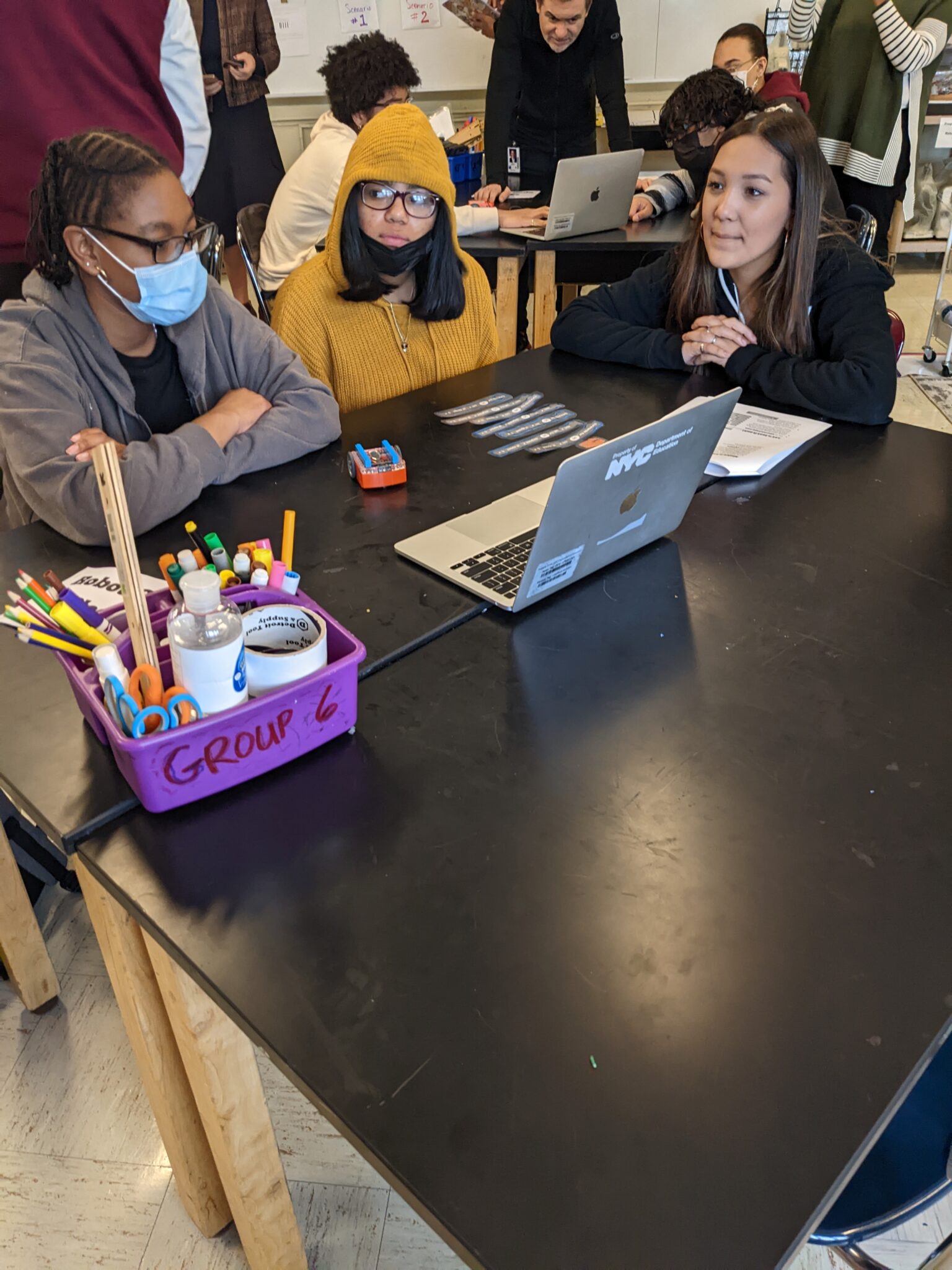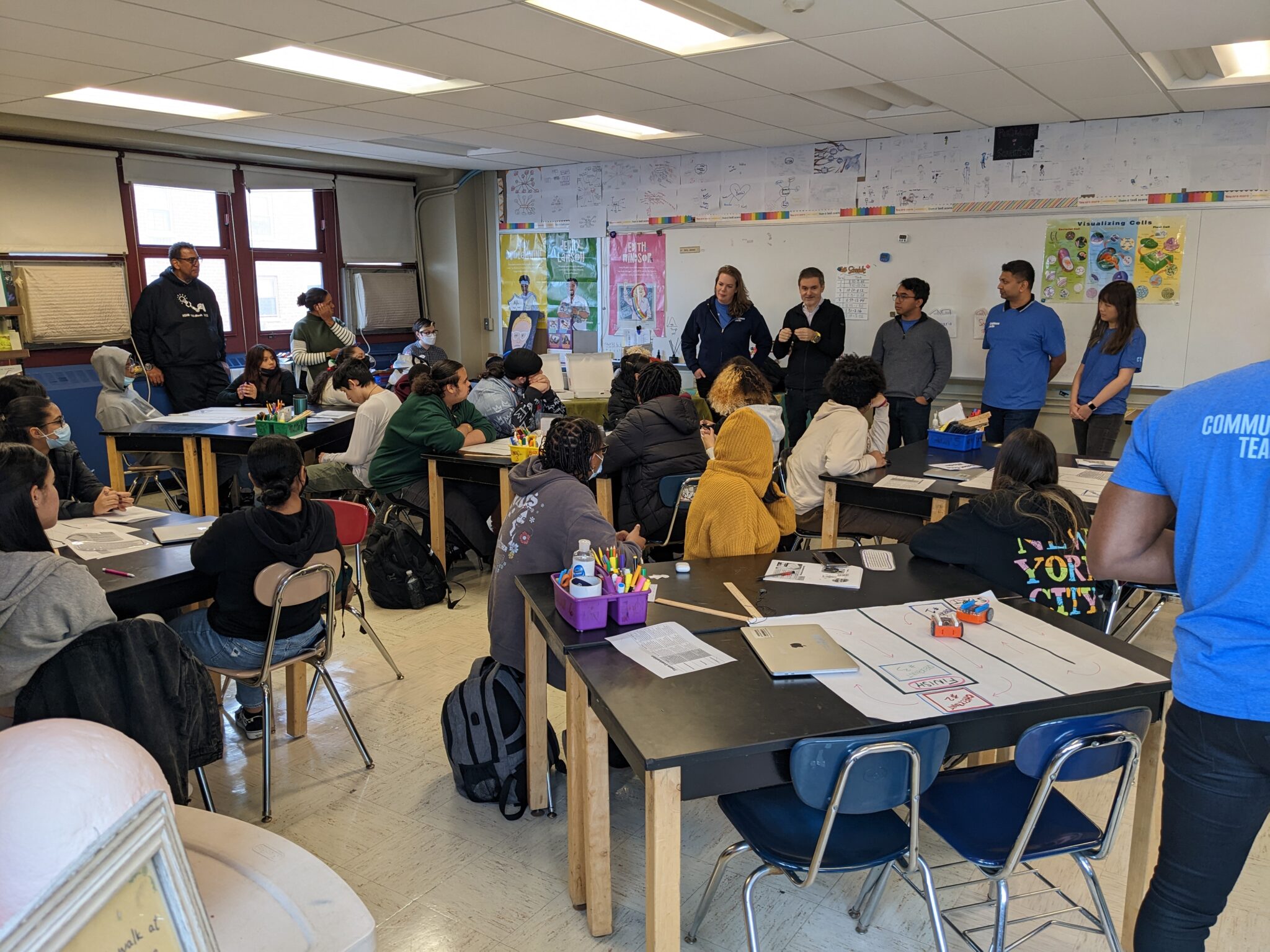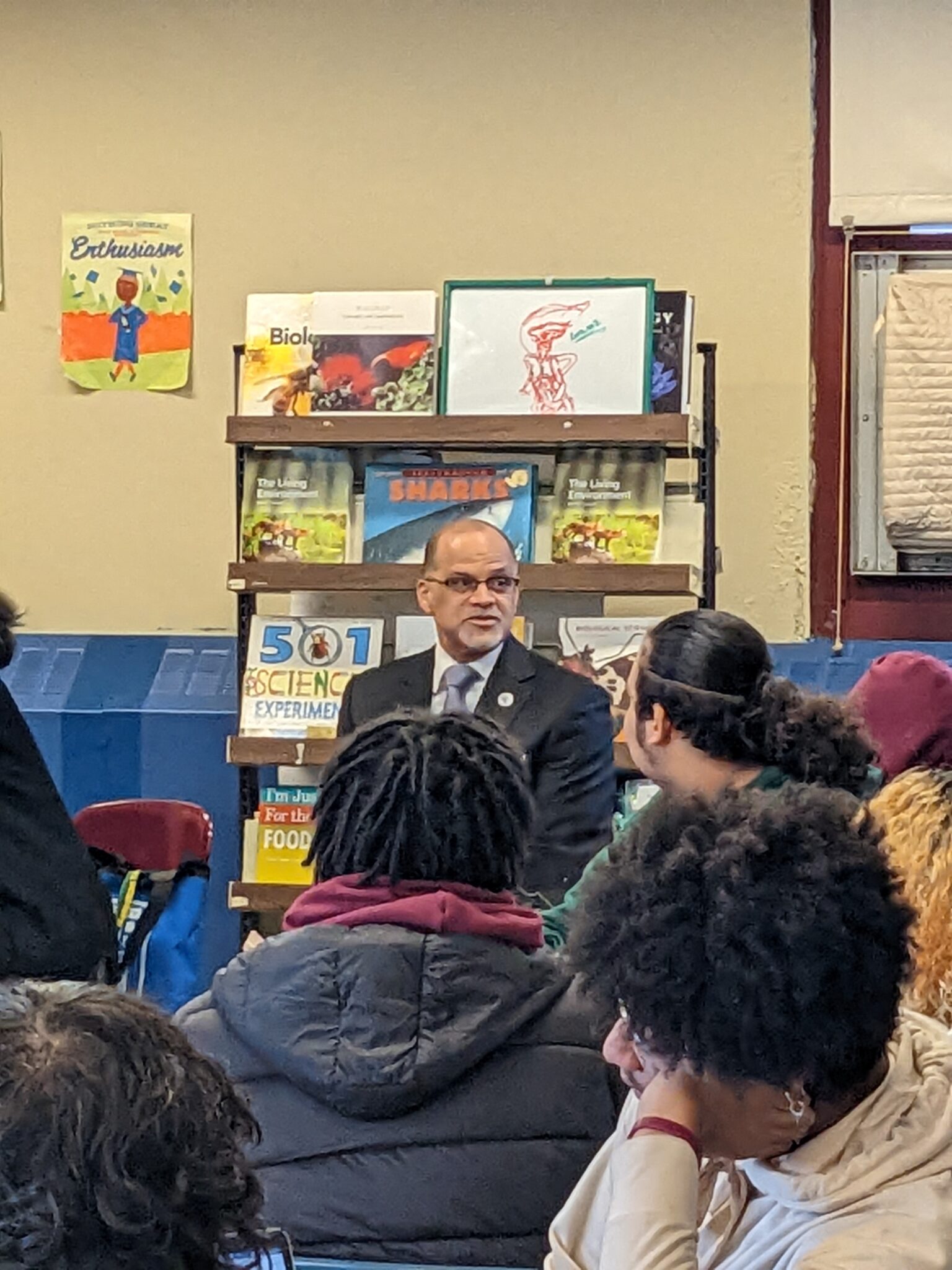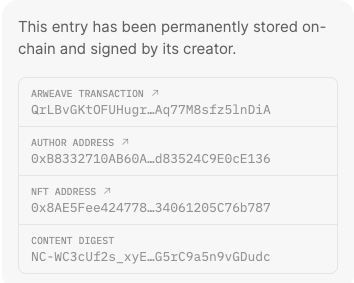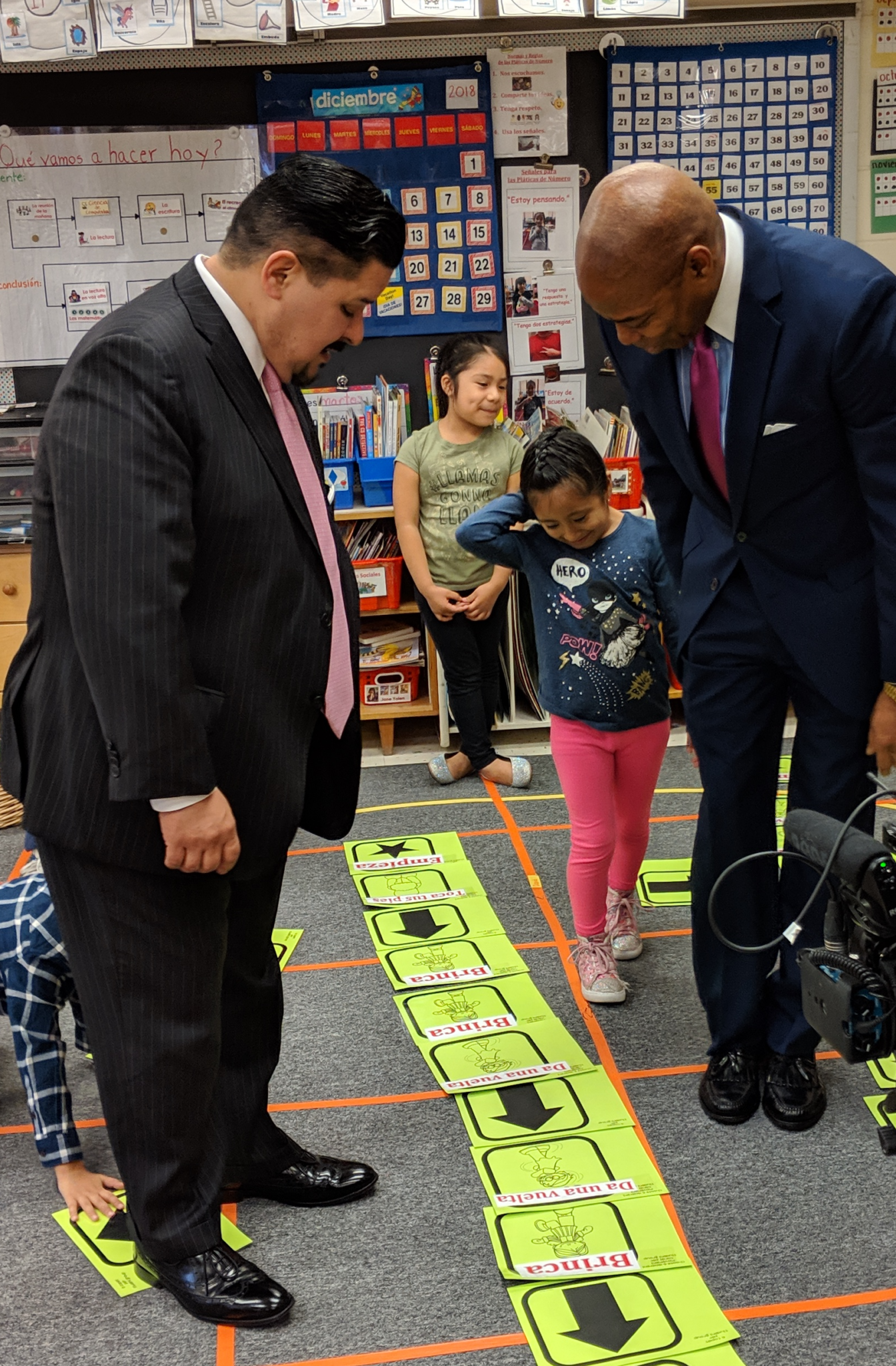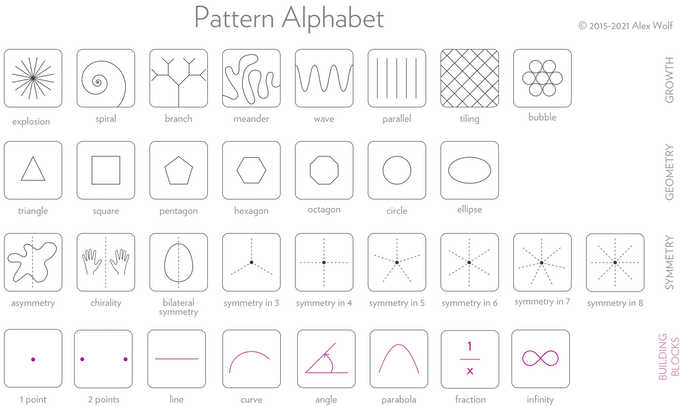The Annual Computer Science Fair
Ten years ago, a small group of folks in the K12 Computer Science Education community in NYC decided to put on a “mock job fair” for high school students who were taking computer science classes in the NYC public schools. That was the start of an annual day of engagement and learning for high schoolers considering a career in tech.
Yesterday we got the Fair back in person after three years of not doing it or doing it remotely. And it was so great to be there. This is a picture of all of the students making their way around the various booths learning about careers in tech.
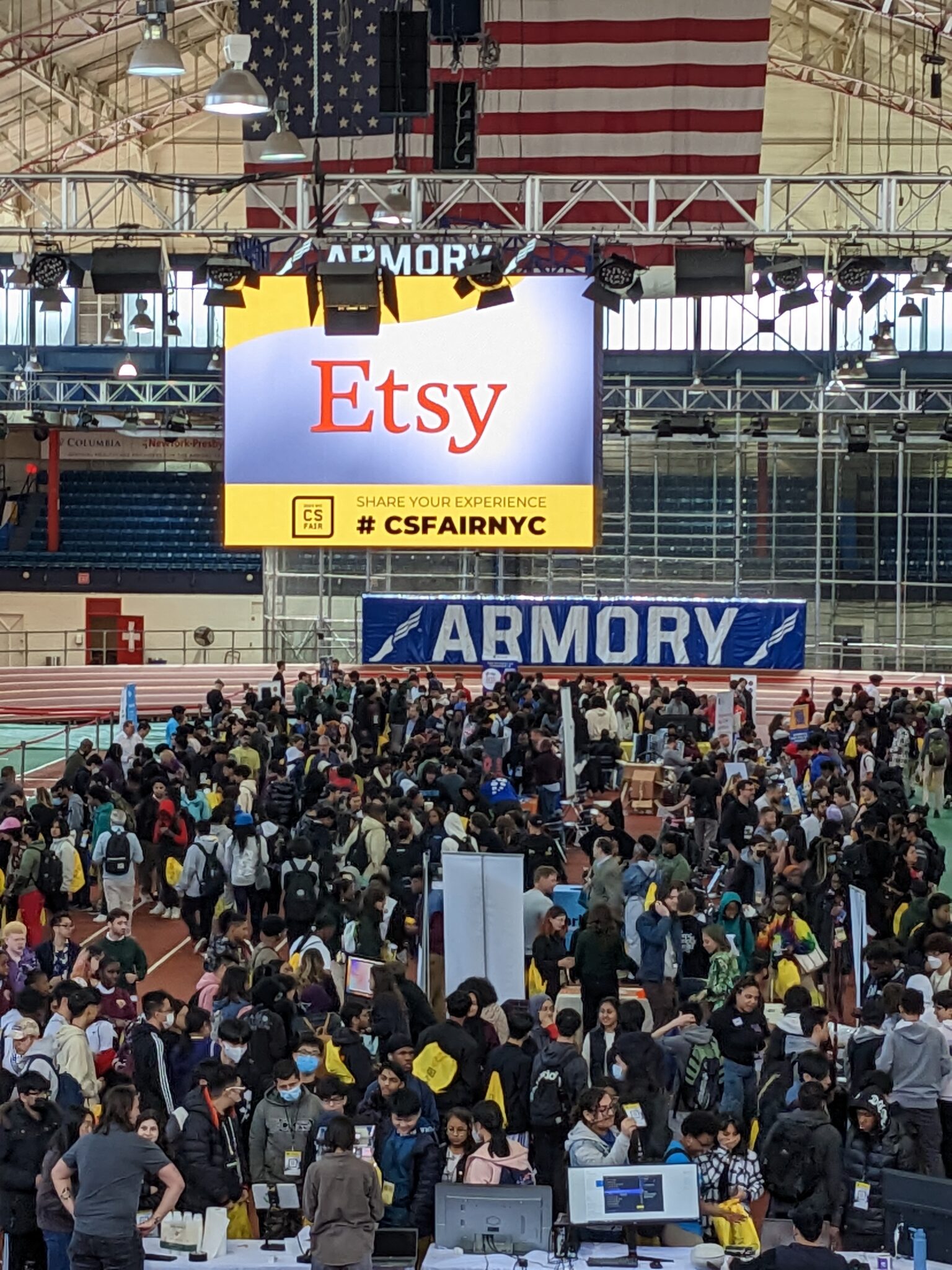
Most everyone in the tech sector would like to have more diverse companies but there are no easy ways to accomplish that. Ultimately we need to get young people interested in careers in tech much earlier in their schooling and show them what those pathways look like.
This photo is of a team from Justworks doing exactly that.
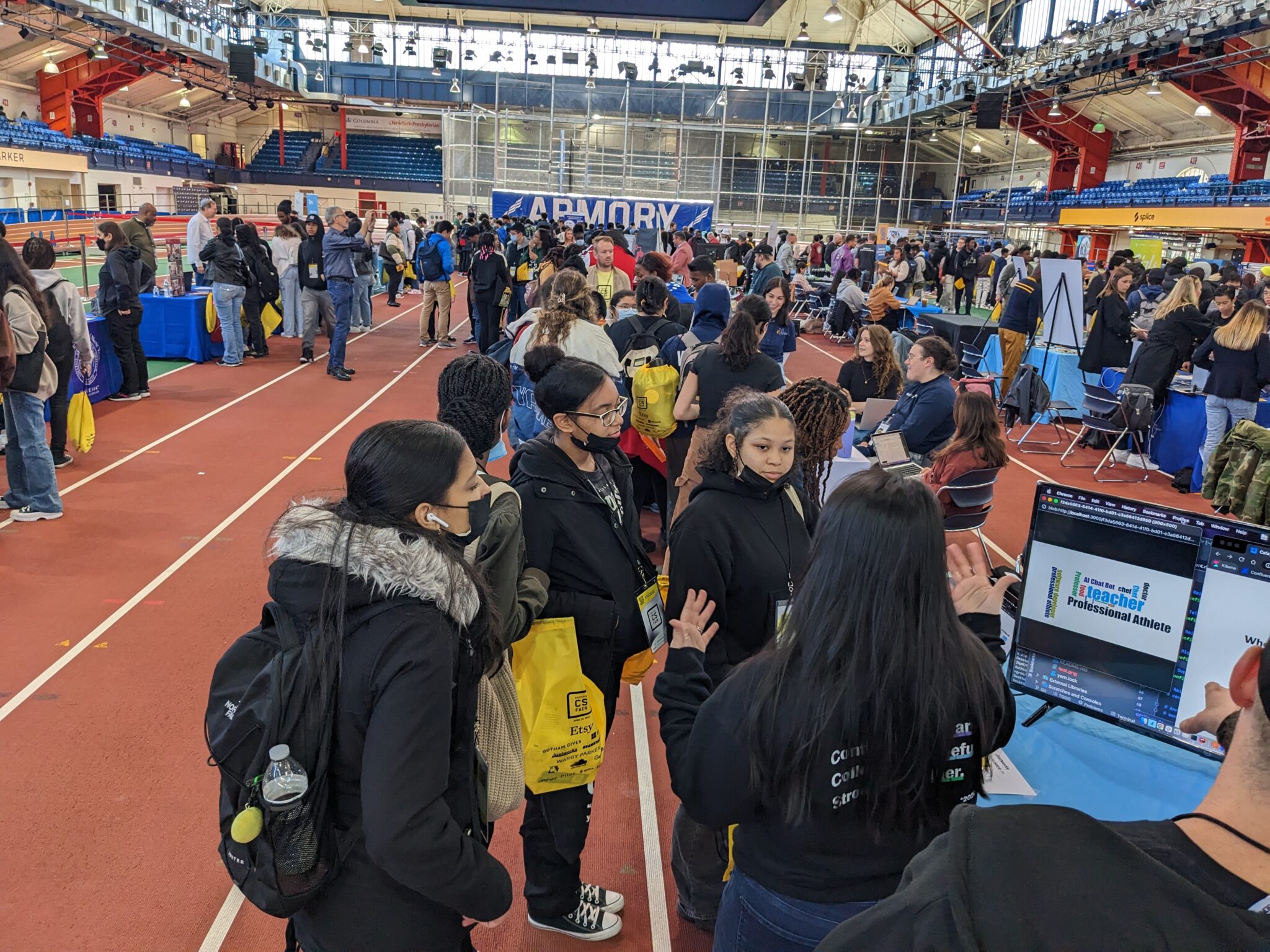
I want to thank all of the sponsors who made this event possible:
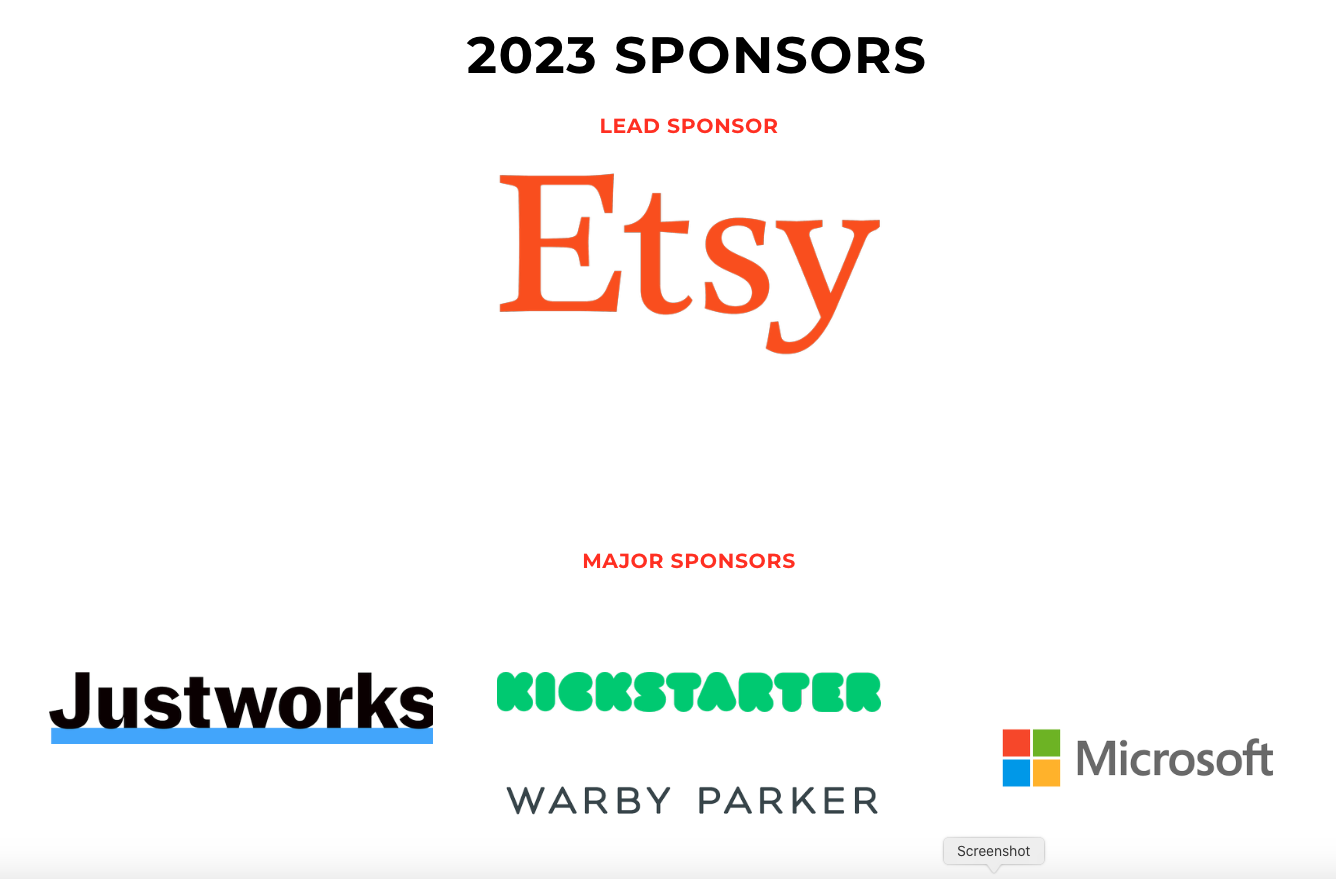
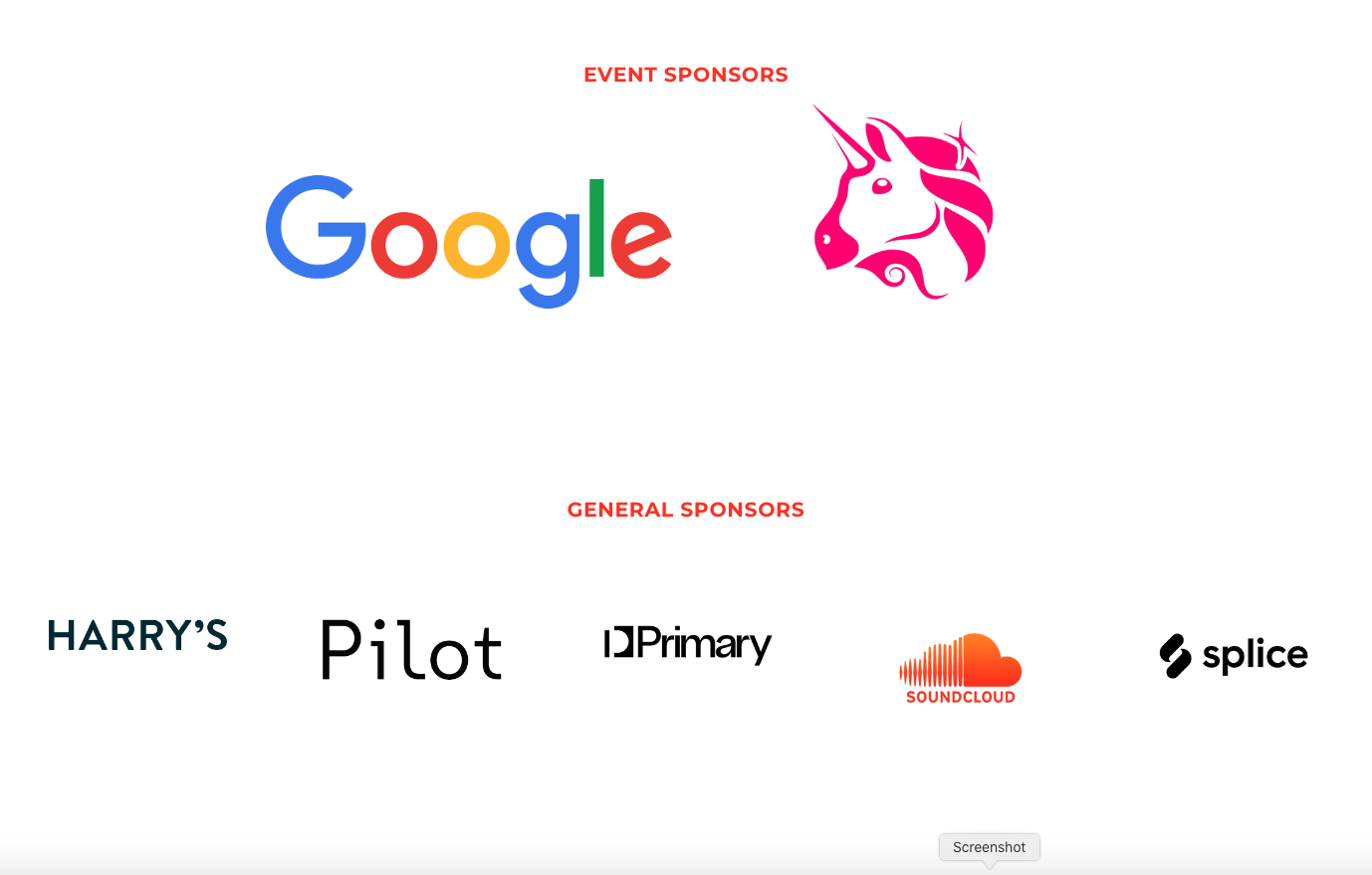
And most of all I would like to thank Jennifer Klopp, Executive Director of Gotham Gives, who led the effort to get the Fair back in person this year and the team at the NYC Public School System, TEALS, and Tech:NYC who helped get the students and the tech companies there.
Yesterday was one of those days for me where a lot of the work I do across different areas of interest comes together in a single place and time. And those are great days for me.
